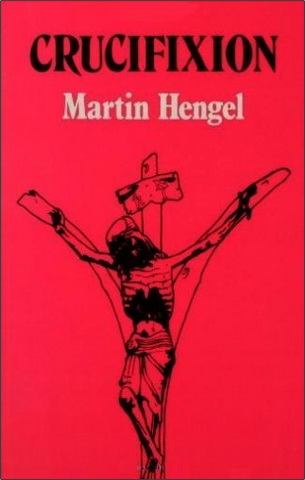
Rhodes Ron - The Popular Dictionary of Bible Prophecy - модуль BibleQuote
Ron Rhodes – The Popular Dictionary of Bible Prophecy
More Than 350 Terms and Concepts Defined
Eugene, Oregon: Harvest House Publishers, 2010
ISBN 978-0-7369-2452-8
The study of prophecy or the end times is known in theological circles as eschatology. This term is derived from two Greek words: eschatos, meaning "last" or "last things," and logos, meaning "study of." Eschatology is the study of last things, or study of the end times.
Eschatology can logically be broken down into two primary fields of study. Personal eschatology concerns such things as death, the future judgment, heaven, and hell. (These are matters related to each person.) General eschatology concerns more general matters, such as the rapture, the Tribulation, the second coming of Christ, the millennial kingdom, and the eternal state. For your benefit, this dictionary contains common terms related to both personal and general eschatology.
* * *
Hades
In the Old Testament, the English word hell sometimes translates the Hebrew word Sheol. The term Sheol can have different meanings in different contexts. Sometimes the word means "grave" (Psalm 49:15). Other times it refers simply to the place of departed people. The Old Testament often characterizes this place as being full of horror (Psalm 30:9) and punishment (Job 24:19).
Hades is the New Testament counterpart to Sheol, and came to refer to the state or place of the dead. In the Septuagint-the Greek translation of the Hebrew Old Testament that predates the time of Christ-the term Sheol is actually translated as "Hades."
The New Testament tells us that the rich man, during the intermediate state, endured great suffering in Hades (Luke 16:19-31). Jesus, who sovereignly holds "the keys of death and Hades," determines who dies and when, and who goes to Hades and who does not (Revelation 1:18).
Hades, however, is a temporary abode and will one day be cast into the lake of fire (hell). In the future, wicked evildoers will be raised from the dead and judged at the Great White Throne judgment (Revelation 20:11). They will then be cast into the lake of fire, which will be their permanent place of suffering throughout all eternity (verses 14-15).
* * *
Posttribulationism
This view, expressed in the writings of George Eldon Ladd and Robert Gundry (among others), is the view that Christ will rapture the church after the Tribulation at the second coming of Christ. This means the church will go through the time of judgment prophesied in the book of Revelation, but believers will allegedly be kept through Satan's wrath during the Tribulation (Revelation 3:10). Pretribulationists rebut, however, that Revelation 3:10 indicates believers will be saved 'out of' (Greek: ek) the actual time of the Tribulation.
Posttribulationists argue that Revelation 20:4-6 proves that all believers will be resurrected at the end of the Tribulation. Pretribulationists rebut, however, that in context, only those believers who died during the Tribulation will be resurrected at this time (Revelation 20:4). Believers who live prior to the Tribulation will be resurrected earlier at the rapture (1 Thessalonians 4:13-17).
Posttribulationists note that "saints" are mentioned as being on earth during the Tribulation, and this must therefore mean the rapture has not yet occurred. Pretribulationists grant that there will be "saints" who live during the Tribulation period (for example, Revelation 6:9-11). But these people apparently become Christians sometime after the rapture.
Posttribulationists counter by citing Matthew 24:37-40 (see also Luke 17:34-35). In this passage, set in the context of the second coming, we are told that "two men will be in the field; one will be taken and the other left." Pretribulationists rebut, however, that the context indicates that those who are taken are taken not in the rapture but are taken in judgment, to be punished (see Luke 17:37).
Support for posttribulationism is bolstered by the claim that pretribulationism emerged late in church history, finding its origin in John Nelson Darby (A.D. 1800-1882), who allegedly got it from Edward Irving (1792-1834). Thus, the majority of church history knew nothing of this "novel" view. Pretribulationists rebut that the argument from church history involves the fallacy of chronological snobbery, wrongly arguing that truth is somehow determined by time. The fact is, some in the early church held to false doctrines, such as baptismal regeneration. Just because a doctrine is early does not mean it is correct. Conversely, just because a doctrine is late does not mean it is incorrect. Many believe that with the process of doctrinal development through the centuries, it makes sense that eschatology would become a focus later in church history. Besides, many throughout church history-as early as the first century-have held to the doctrine of the imminent return of Christ, a key feature of pretribulationism.





Комментарии
Пока нет комментариев. Будьте первым!